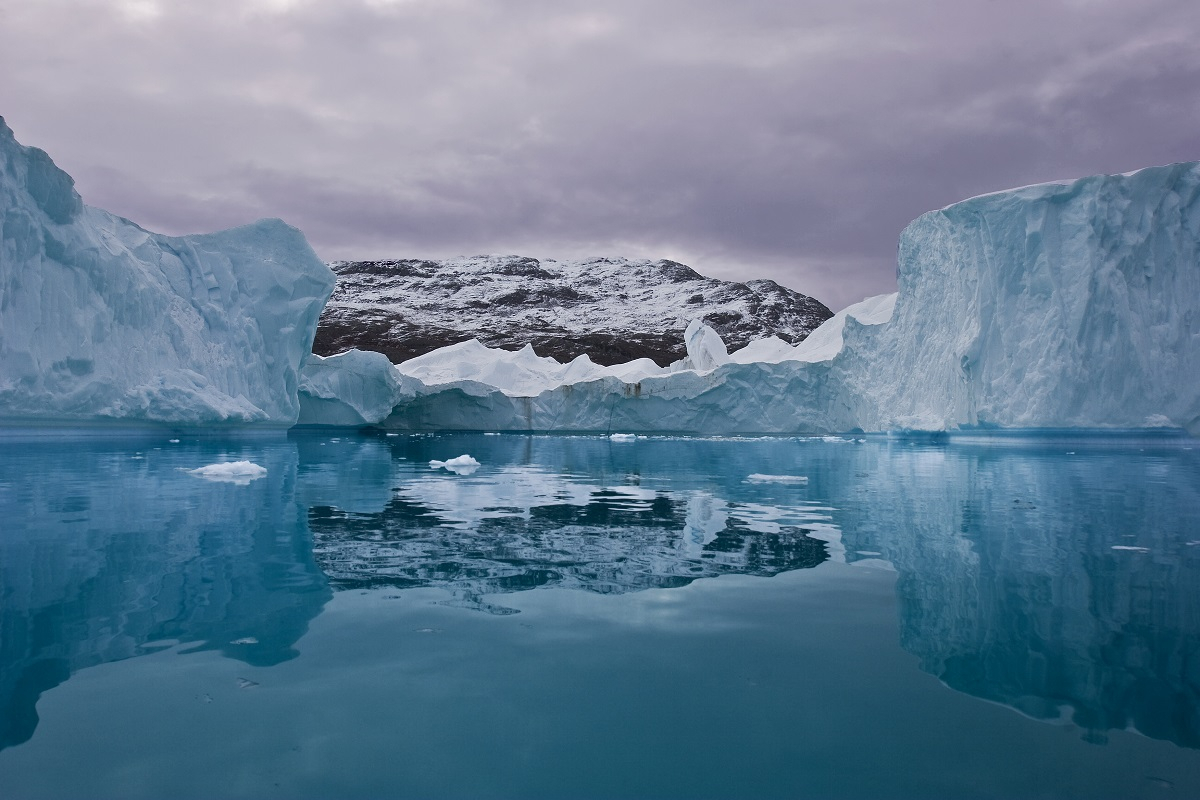TASS: Scientists to create a geodynamic model for Arctic resource appraisal

The project objectives include developing a digital map that integrates a large database of geological phenomena occurring in different countries of the Arctic over millions of years.
St Petersburg University scientists, as part of an international research team, have commenced a project to develop a dynamic model of geological processes occurring in the Arctic over millions of years of the Earth’s history. According to Dr Victoria Ershova, Head of the Department of Regional Geology at St Petersburg University, this will allow for obtaining new information and generalising the known data on the Arctic geological structures, which is essential for a scientifically valid resource assessment of the region.
Our project is aimed at collating and summarising existing information about the geological structures of the Arctic Basin, as well as collecting new data. This is major cross-border research. Such projects are important for understanding the geological structures and geodynamics of the entire Arctic region.
Dr Victoria Ershova, Head of the Department of Regional Geology, St Petersburg University
The project is expected to result in developing a digital map from a large database of geological phenomena and processes (climate, volcanic activity, movement of lithospheric plates, etc.) occurring in the Arctic territories across different countries over millions of years.
‘Fundamentally, we expect to identify the effects and nature of magmatism in the geological history of the Arctic, as well as its impact on the geological structures and tectonic evolution of the region. Besides, new information about the geological structures of the Arctic will facilitate resource assessment of the region,’ explained Dr Ershova.
According to Dr Ershova, the project involves researchers from the four countries most active in Arctic exploration: Russia (St Petersburg University); Norway (the University of Oslo, The University Centre in Svalbard); the USA (the University of Texas at Austin, Sonoma State University and the University of Alaska); and Canada (the University of Ottawa and the University of Victoria). This four-year project has been supported by a grant from the Research Council of Norway.
Data collection and processing
The project is being developed in several areas: a study of the deep structures of the Arctic; research of tectonics and magmatic processes; and a study of climatic changes. ‘Our project is multidisciplinary. The team of researchers includes scientists in various fields: geophysics, geology, palaeoclimatology. Together we have a joint assignment: to create a geodynamic model of the Arctic,’ noted Dr Ershova.
According to Dr Ershova, as part of the project, Arctic research expeditions have been planned to collect empirical data. In addition, scientists have already begun to study samples collected in the previous project (2017–2020). Within that project, St Petersburg University scientists compiled stratigraphic data on Svalbard — information on changes in the remains of extinct organisms and some other indicators. This enables the study of the climates in the period from 150 million to 120 million years ago (Jurassic, Cretaceous periods).
Other information pertinent to the project was obtained during an expedition to the Russian Arctic zone in the Northwestern Federal District. A dataset based on mineral samples — zircons — was compiled there. Among other things, these samples enable mapping the locations of volcanoes in the past. Furthermore, geophysical methods are applied for reconstruction of geodynamic processes that occur within the Earth. This allows for using Earth’s magnetic field to describe various geological phenomena that cannot be visualised otherwise. A number of field expeditions have been planned within the framework of the current project, to Svalbard in particular.
Intensive courses and field expeditions for students
A key part of the project is its educational component. For students from partner universities, a series of intensive courses and field expeditions to the Arctic will be conducted, mainly to the Svalbard archipelago. Besides, the project participants are offered opportunities to work in laboratories at partner universities. In total, several dozen people are involved in the project.
‘Month-long intensive courses are designed for students from all countries participating in the project. In 2020, a few St Petersburg University students took part in our expedition to Svalbard. They worked there for a month. Additionally, short-term courses were organised in the USA. During the course of a week, Russian students worked in laboratories together with other participants from Canada and Norway. In turn, professors and researchers from partner universities visited St Petersburg University to teach our students. We hope that when the restrictions related to the COVID-19 pandemic are eased, our international academic programme will be implemented in full,’ said Dr Ershova.
St Petersburg University is a world-leading centre of science and education, one of the largest national centres of research and culture, and the oldest university in Russia. Currently, over 25,000 students study at the University; Nobel Prize and Fields Medal winners are among its staff and alumni; over 20 research laboratories and 24 resource centres are an integral part of the University research infrastructure, which is the country’s leading research park.

